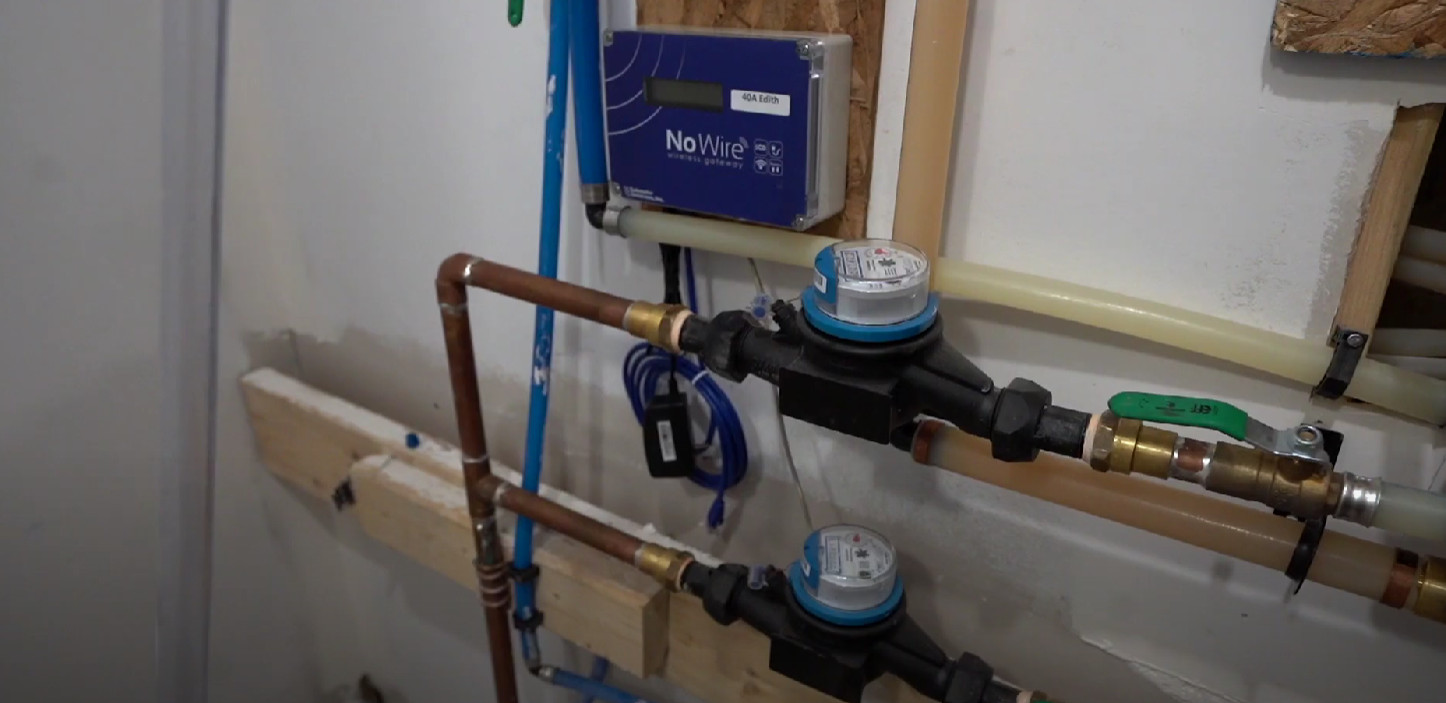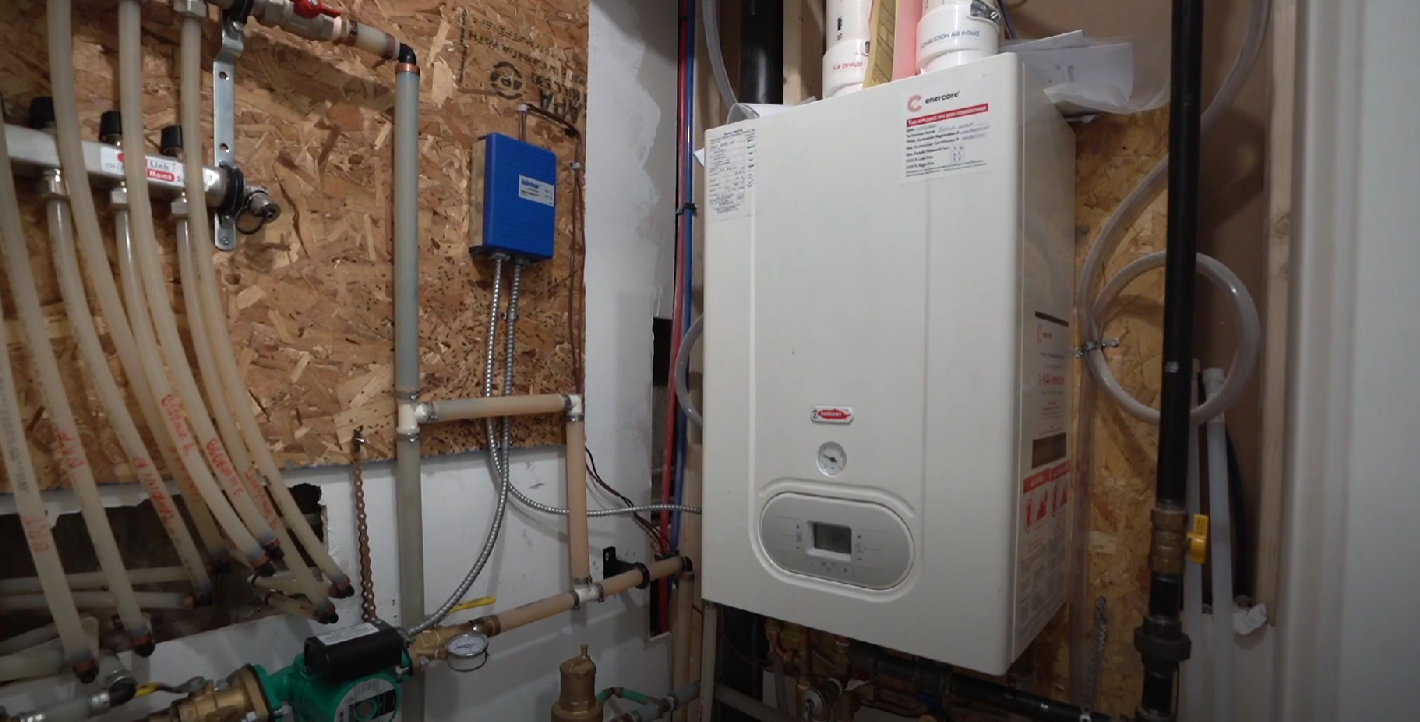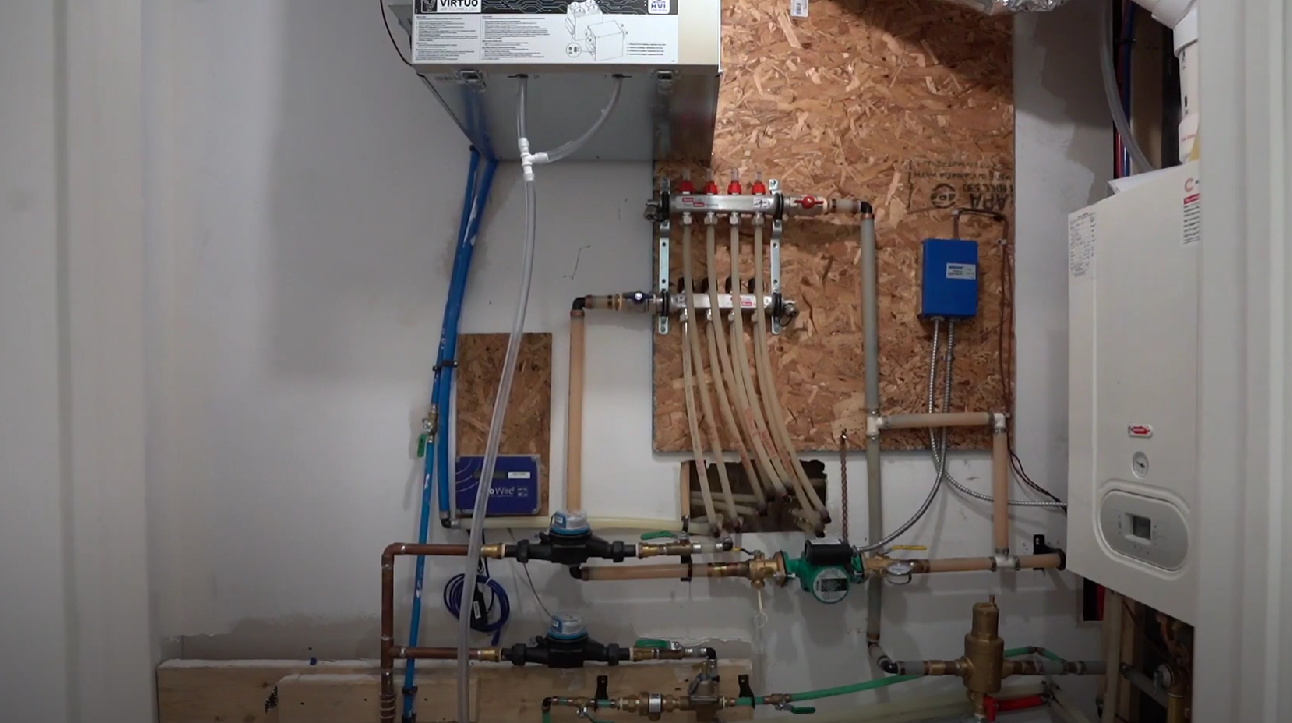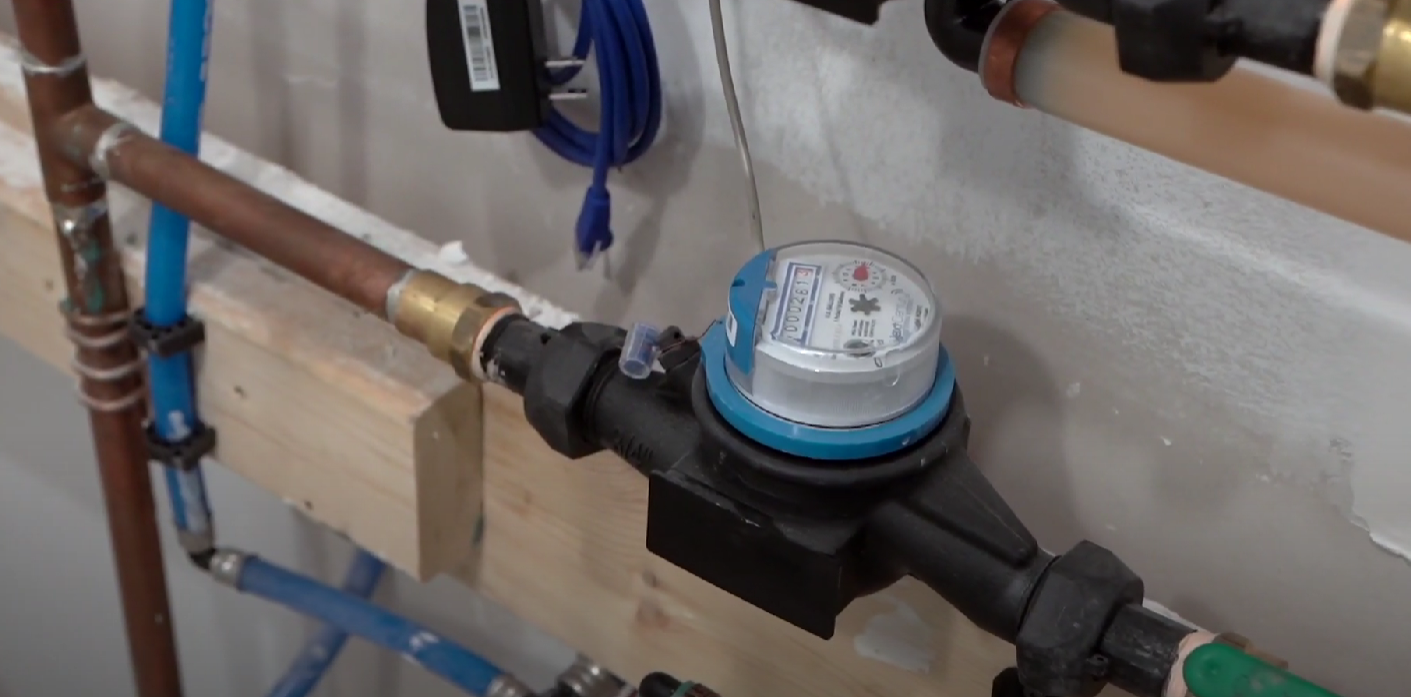Water conservation and efficient water management are crucial for sustainability and environmental stewardship.
As property owners and managers seek ways to monitor and reduce water consumption, a key question arises: How much does it cost to install separate water meters?
Understanding Separate Water Meters
Separate water meters involve the installation of individual meters for each unit or sub-meter in a property. It allows for accurate measurement and monitoring of water consumption. The benefits of separate water meters include the following:
Accurate Consumption Measurement: Separate meters provide precise data on water usage for each unit, enabling better control and management.
Factors Affecting the Cost of Installation
Several factors influence the cost of installing separate water meters:

Type of Property
Residential, commercial, or industrial properties have different requirements and complexities, impacting the overall cost.
Number of Units or Sub-meters Required
The more units or sub-meters needed, the higher the installation cost.
Existing Plumbing Infrastructure and Accessibility
Properties with complicated plumbing systems or limited accessibility may require additional work, affecting the overall cost.
Local Regulations and Permit Requirements
Compliance with local regulations and obtaining necessary permits add to the installation expenses.
Cost Breakdown of Installing Separate Water Meters
To estimate the cost of installing separate water meters, you must consider the following components:

- Water Meter Equipment Costs: This includes purchasing or leasing water meters, associated sensors, and data collection devices.
- Plumbing and Installation Expenses: Hiring professional plumbers to install the separate meters, connect them to the plumbing system, and ensure proper functionality.
- Permit & Inspection Fees: Costs associated with obtaining necessary permits and scheduling inspections to comply with local regulations.
- Additional Costs: These include labor charges, materials, and miscellaneous expenses such as wiring, fittings, and valve[1] replacements.

To provide a more precise understanding, the table below presents estimated costs for each component:
| Components | Cost Range |
| Water Meter Equipment | $200 – $500 per unit |
| Plumbing and Installation | $500 – $1,500 |
| Permit and Inspection Fees | $100 – $500 |
| Additional Costs (Labor, etc.) | $300 – $800 |
Return on Investment and Long-term Savings
Installing separate water meters can lead to significant water savings and cost reductions. Consider the following:
- Accurate measurement and monitoring of water consumption enable proactive measures to identify leaks and encourage water conservation practices.
- Real-world examples have shown reduced water consumption by 20% to 40% after implementing separate water meters, resulting in substantial savings.
- Property owners can assess the financial benefits of separate water meters by calculating the payback period based on installation costs and projected water savings.
Challenges and Limitations

Older buildings may require extensive modifications to accommodate separate water meters, potentially increasing installation costs. You must also tell tenants and occupants about the benefits and importance of water conservation, which are crucial for achieving the desired results.
Conclusion
Installing separate water meters offers a pathway to efficient water management and conservation. The installation cost depends on various factors, including property type, the number of units, plumbing infrastructure, and local regulations.

